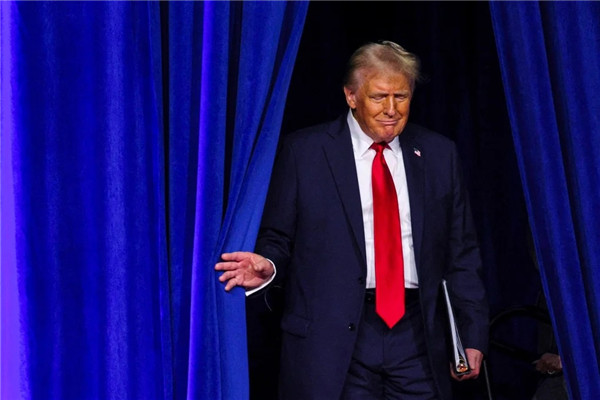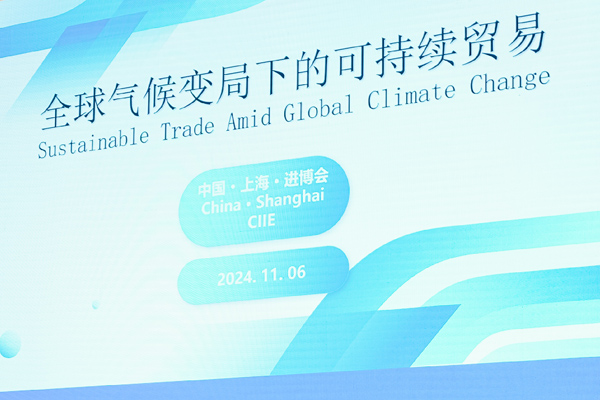How will the China-US relations be going forward?
August 24 , 2020
In the past three years, US-China relations witnessed a trajectory of a downward spiral. With the COVID-19 pandemic adding a new edge to an increasingly bitter and fiery competition, no force seems capable of arresting the worrisome speed and velocity.
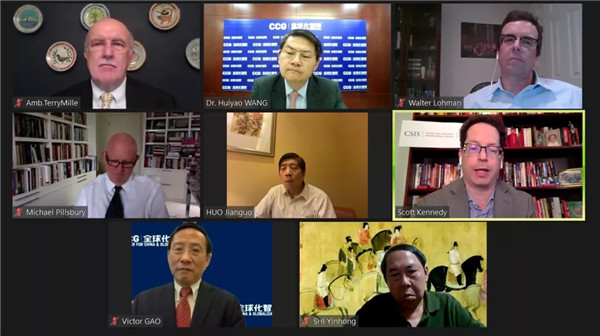
On August 6, the Center for China and Globalization (CCG) held a webinar on the theme “Sino-US relationship going forward: Armageddon or managed competition?”, bringing together a group of leading think tank experts from China and the US to share their thoughts and insights on the current state and future solution of the bilateral relationship.
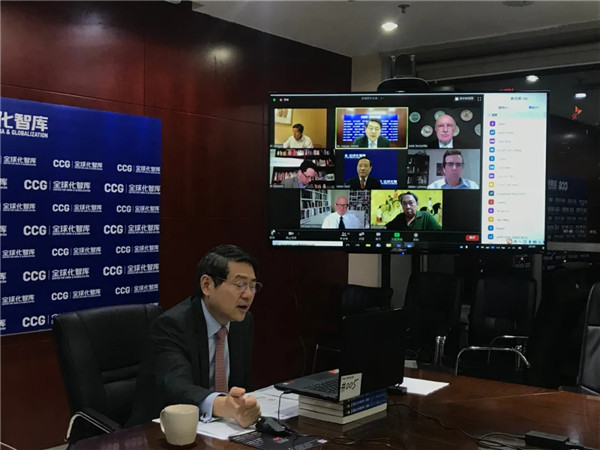
CCG President Wang Huiyao hosted the webinar. He said that China is ready to restart dialogue with the US at different levels and on any possible topics. He noted that the think tanks of China and the US can make positive efforts to reduce conflicts, reduce friction and misunderstandings, and enhance channels for dialogue, building a high-level Track II diplomacy between China and the US.
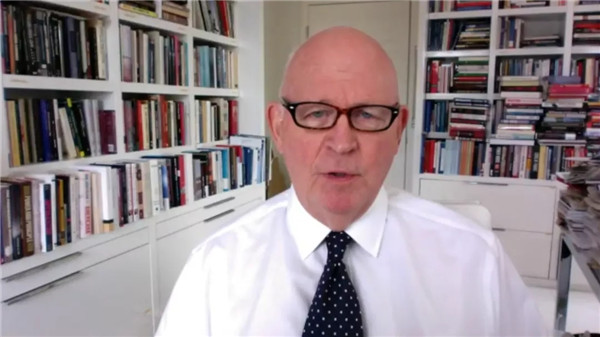
Michael Pillsbury, director of China Strategy at the Hudson Institute, noted that the issues of trade and globalization are a part of a larger concern: national security. He suggested that CCG could reach out to other think tanks in China to work on security-related topics in addition to globalization. He said that the attitudes of the US toward China are not going to change if Trump leaves office. He introduced a report A Guide to the Trump Administration’s China Policy Statements that organizes nearly two hundred statements into seven major themes, based on discussions with President Trump and his senior advisors, offering a guide to the Trump administration’s most important policy statements on China. Pillsbury said that there has been a series of Chinese negative replies to requests from the US, which is fueling the problem of the deterioration in the relationships between two countries.
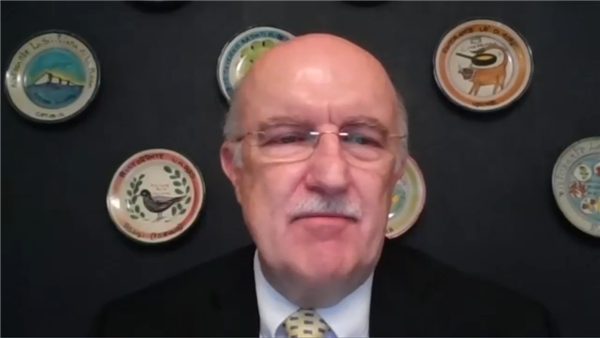
Terry Miller, director of Trade and Economics at the Heritage Foundation, said that he is a free trader and is against the imposition of tariffs or quotas or other kinds of trade restrictions while this is an important political issue in the US. He also said that trade is one of the best ways for the US and China to continue dialogue and address problems. Miller pointed out that the trade difficulties between the US and China are a symptom of the severe differences in organizing economic activity in two countries. He considered trade negotiations to be an important channel for dialogues that will restore mutual trust between the two states, especially when conversations over other topics are difficult. Miller criticized that China had made some moves in building a free market-oriented economic system but that seemed to stop in recent years.
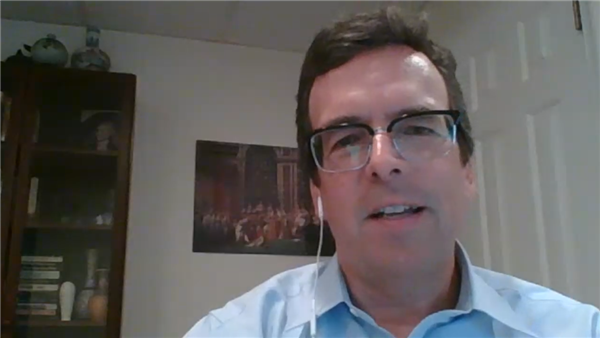
Walter Lohman, director of Asian Studies at the Heritage Foundation, stressed that there is a broad souring in the US on the value of globalization and free trade. He said that the general environment around trade issues in the US and the actions taken in Washington are not the product of turned about China but concerned about trade generally in the track. He added that more problems in that area concern that Americans have than it does specifically about China. Lohman suggested promoting a conversation between the US and China for a better understanding of Chineses politics. He also mentioned that issues regarding Hong Kong and COVID-19 have been public and saturated in American media and in political circles, which make people who may have not particularly interested in China pick up their attention and focus on China, underlying the tensions in the relationship between two countries.
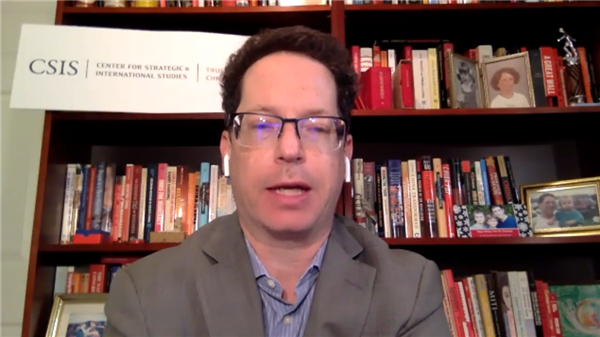
Scott Kennedy, senior adviser and trustee chair in Chinese Business and Economics at CSIS, said that the US is generally pursuing decoupling, not absolute still and the US would like to continue to trade with China in basic commodities, soybeans, sneakers and semiconductor chips. He pointed out that decoupling would not benefit the US economy or national security and he criticized the American policy that the Trump administration has not done the math on the economic costs of decoupling with China. Meanwhile, he said that he does not have any sympathy for China complaining about what the US is doing and China was the inventor of the idea of decoupling 25 years ago. Kennedy highlighted the importance of the right narrative. He suggested that China should take actions to “surprise” America with diplomatic concessions, for example, allowing Facebook or Google to operate in China without restrictions.
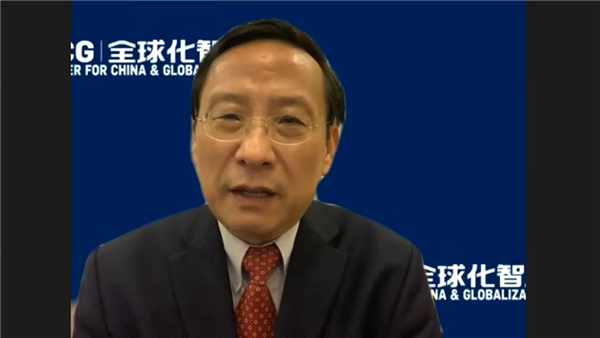
CCG Vice President Victor Gao said that the US shows to China is a “Tonya Harding Syndrome,” in which a skater resorts to whacking the kneecap of her competitor in fear of losing the competition – and ends up banned from all games. He said that the US is trying to strike China out of the economic and political game and thus ensure its dominance. Gao considered understanding the comparative advantage of each other and be clear about each other’s position in the bilateral relationship. He further argued that China and the US would not completely decouple because the hot war would ensue when that happens, and this is not a sensible choice for both countries.
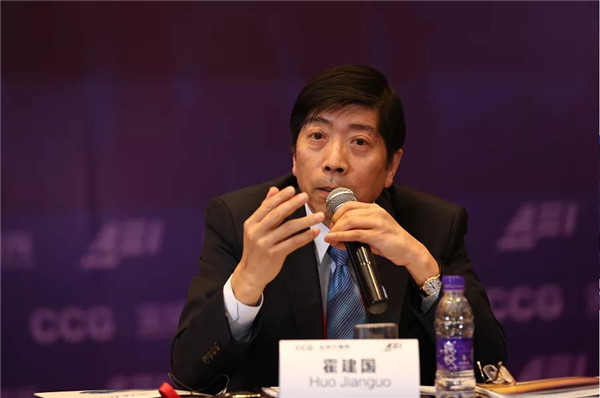
CCG Senior Fellow and Former President of Chinese Academy of International Trade and Economic Cooperation Huo Jianguo expressed that China-US relations have entered a worsening phase of “free fall.” He said that the US is pushing forward decoupling with China both on the political and economic level—the former goal significantly easier than the latter. However, he said that a traditional cold war is unlikely to happen, because of the three conditions for a cold war lack: ideological confrontation, arms race, and two military alliances. He further noted that a cold war is not in China’s interest, and it is not likely to contribute to the three conditions.
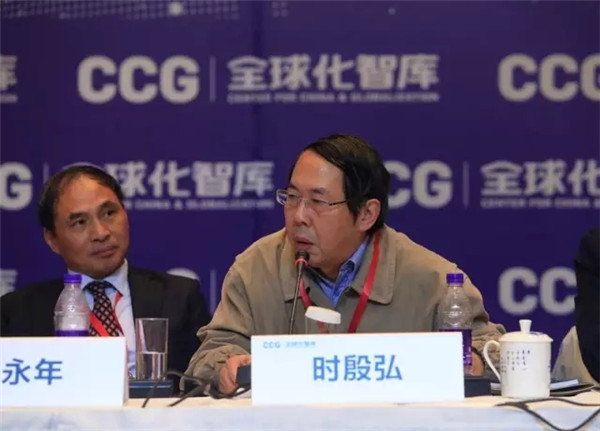
CCG Academic Council Member, Chairman of Academic Committee of the School of International Studies and director of Center on American Studies at the Renmin University Shi Yinhong noted that the Trump administration displays toward China is a result of an accumulation of tensions for the last ten years. He considered it inevitable that China and the US would continue to decouple and escalate competition; however, it is possible and necessary to avoid direct, hot conflicts.
CCG President Wang Huiyao concluded by saying that the webinar had been highly productive, and scholars offered many proposals for further research and actions. He called upon think tanks to continue to work together for solutions to the tensions between the US and China.


